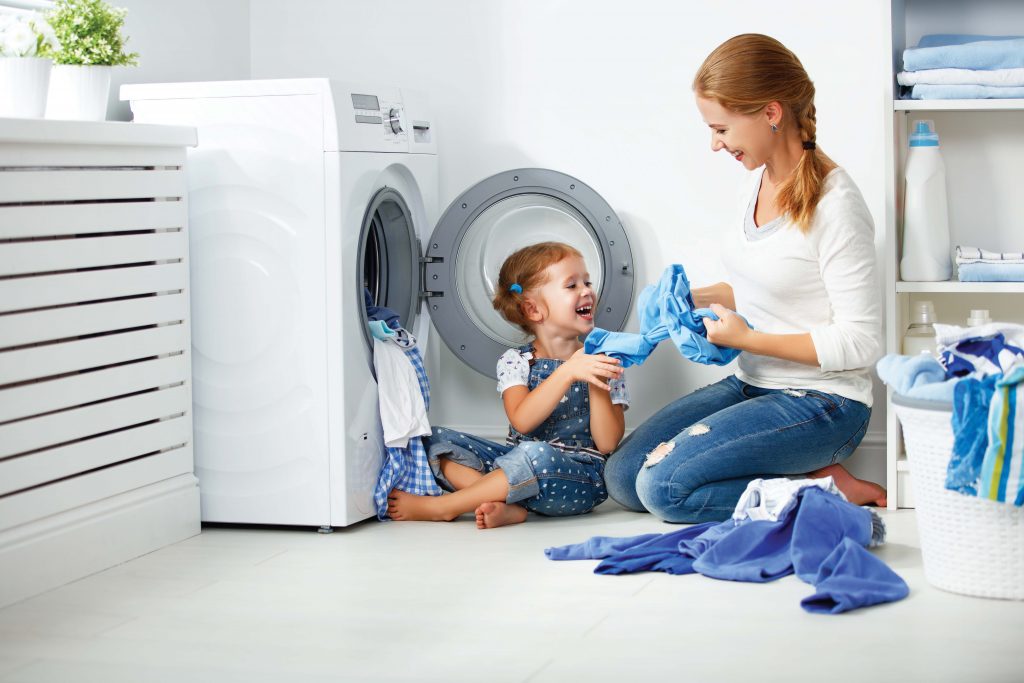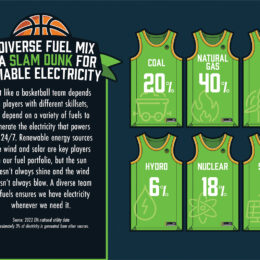
From the morning shower to a final sip before slumber, people use a lot of water during the day — we need it to survive, after all — often without considering the costs circling down the drain with it.
The U.S. Department of Energy estimates that heating water accounts for about 18 percent of your home’s energy use. Reducing your water use also will lower your energy consumption — saving you money in the process. A few options can go a long way:
Don’t let the water run
This is the easiest way to reduce costs. People showering or washing their hands or dishes frequently let the water run. Shutting water off while lathering with soap or brushing your teeth can significantly save the amount water you use each month. Many newer showerheads come with a “pause” setting that is worth a try. And if you are on a well, reduced water use equals less electricity to run your well pump.
Lower heater temperature
Many water heaters come preinstalled at a temperature of 140 F, the Department of Energy reports. The agency advises that reducing your water heater’s temperature to 120 F can help reduce your energy cost and slow water pipe mineral buildup. As an additional benefit, 120 F also is a recommended safety measure to help prevent young children from burns.
Insulate your water heater
If you have an older water heater, the Department of Energy recommends that you should check if it has insulation with an R-value of at least 24. If not, then the tank may benefit from additional insulation from a pre-cut water heater jacket or blanket. The Department of Energy has more information available on its website at www.energy.gov.
Install efficient upgrades
If you have appliances, faucets, or shower heads that may be due for an upgrade (or you are doing a renovation), energy-efficient products can help you reduce water use or lower the electricity needed to heat your water, saving you money over the upgrade’s lifecycle. WaterSense® shower heads and faucets reduce the amount of water used compared to their conventional counterparts; appliances such as dishwashers, water heaters, and washing machines with an ENERGY STAR® label will save you in energy costs.
Your local electric co-op can provide additional support and advice to help reduce your energy use, which will save you money in the long run. Contact your local co-op’s energy advisor or visit www.PowerMoves.com for more information today!



